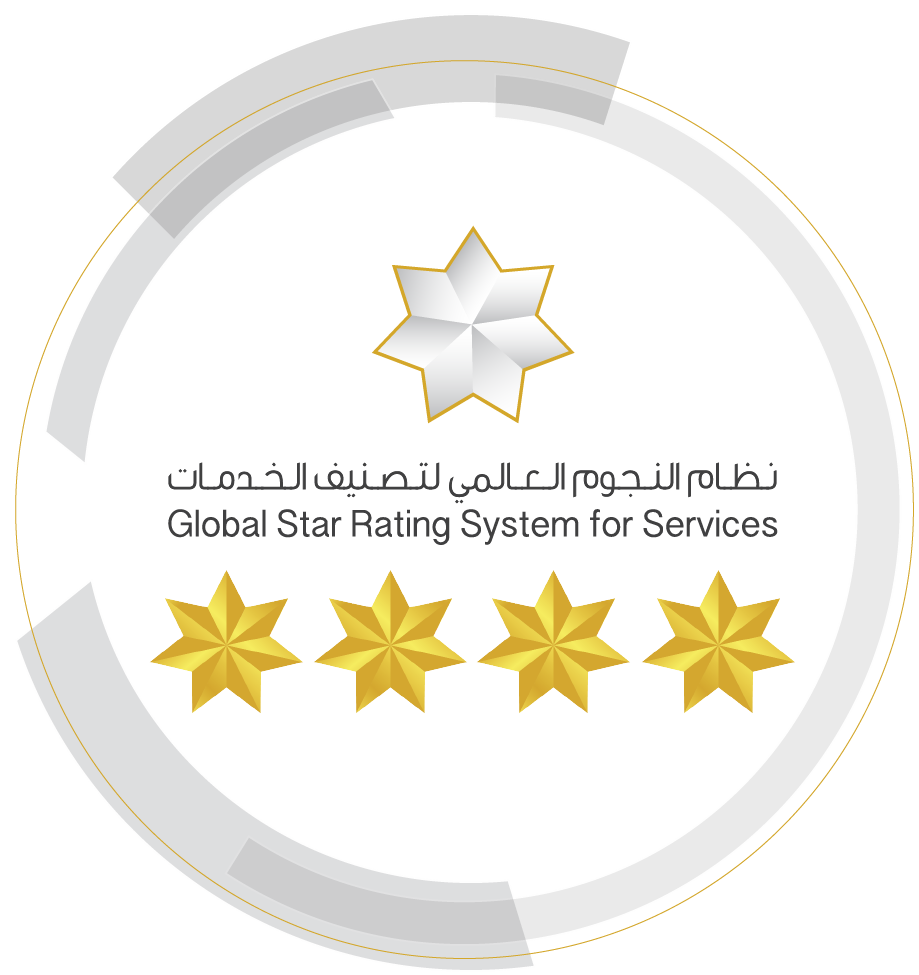Combatting Terrorism and Extremism:
The UAE condemns, in strongest terms, terrorism in all of its forms and continuously renews its commitment to combating terrorism and defeating the extremist ideologies that fuel violence perpetrated by brutal terrorist groups, including Daesh, Al-Qaeda, and others.
The threat of terrorism and extremism is a daily challenge that targets the security and stability of our region while threatening our political, economic, and social systems.
It is a global phenomenon that transcends borders, cultures, and religions, and fighting it requires concerted efforts from the international community. Moreover, our war on terrorism is not solely military, as terrorism is a complex and multifaceted phenomenon requiring specialised approaches in combating its spread. Therefore, efforts to condemn extremism and terrorism must consider a multipronged approach, from tackling the roots of radicalism to combating recruitment and encouraging individuals' active participation in society.
On the legal front, the UAE has passed legislation to criminalise activities associated with terrorism, including:
- Federal Law Number 7 of 2014 on Combatting Terrorism Offences
- Federal Decree-Law Number 2 of 2015 on Combatting Discrimination and Hatred
- Federal Law Number 5 of 2012 on Combatting Cybercrimes
- Federal Decree-Law Number 20 of 2018 on Anti-Money Laundering and Combatting the Financing of Terrorism and Illegal Organisations
- Issuing a local list of terrorist entities following the provisions of Federal Law Number 7 of 2014 on Combatting Terrorism Offences
In the fight against terrorist financing, the UAE has made considerable efforts to strengthen anti-money laundering systems through legislation. Furthermore, the UAE works with international partners to monitor and disrupt terrorist financing networks by cooperating with other Financial Intelligence Units (FIUs) and international organisations, such as the Middle East and North Africa Financial Action Task Force (MENAFATF), which champions financial information collection and analysis programmes.
The UAE has long recognised the danger of extremist ideologies. As such, the country has adopted various methods of preventing radicalisation by moderating religious discourse across official institutions and religious and media platforms. In addition, the religious education curriculum has been carefully comprehensively developed, including Islamic education classes in the formal school system and standardised curricula in Qur'an Memorisation Centres managed by the General Authority of Islamic Affairs and Endowments.
In 2012, the UAE established the Hedayah Centre in partnership with the Global Counter-Terrorism Forum. Hedayah is an international centre for training, dialogue, research, and cooperation in the fight against violent extremism. The UAE is a founding member of the Global Counterterrorism Forum and was the co-chair of the Forum's Task Force Against Violent Extremism alongside the UK from 2011 to 2017. Since its founding, Hedayah has developed novel ways to prevent the spread of extremism, particularly by increasing community participation, shaping initiatives to counter radicalism, and augmenting educational opportunities available to at-risk populations.
As part of its ongoing efforts to combat extremism, particularly on social media, the UAE and the US established the Sawab Centre in March 2015, housing an interactive online messaging initiative to support the efforts of the Global Coalition against Daesh in its fight against extremism and terrorism. The Centre has based its strength on the voices of the Muslims and non-Muslims worldwide who reject terrorism and the false and misleading ideas promoted by terrorist organisations. In addition, the Centre works to harness the power of social media and online communications to identify and correct religious misunderstandings.
The UAE is dedicating efforts to promote tolerance to address the root causes of extremism. A Minister of Tolerance was first appointed in 2016 to promote tolerance and peaceful co-existence in the UAE and abroad. In addition, the International Institute for Tolerance in Dubai was founded to instil a spirit of tolerance throughout the country and solidify a culture of openness and civilised dialogue in firm opposition to intolerance, extremism, closed-mindedness, and discrimination. In February 2019, the UAE hosted the Human Fraternity Meeting to stimulate dialogue on co-existence between different faiths and cultures and discuss ways to promote these values worldwide while challenging extremism and promoting respect for differences. The conference produced the Document on Human Fraternity for World Peace and Living Together, which was signed by Dr Ahmed El Tayeb, Grand Imam of Al Azhar, and His Holiness Pope Francis, Head of the Catholic Church, during their joint visit to the UAE to participate in the conference. The UAE also announced the construction of the Abrahamic Family House, to house a mosque, a church, and a synagogue. It aims to send a cohesive message to the world on the importance of peaceful co-existence and interfaith dialogue, preventing extremist and terrorist groups from exploiting religious differences to spread violence and hatred.


